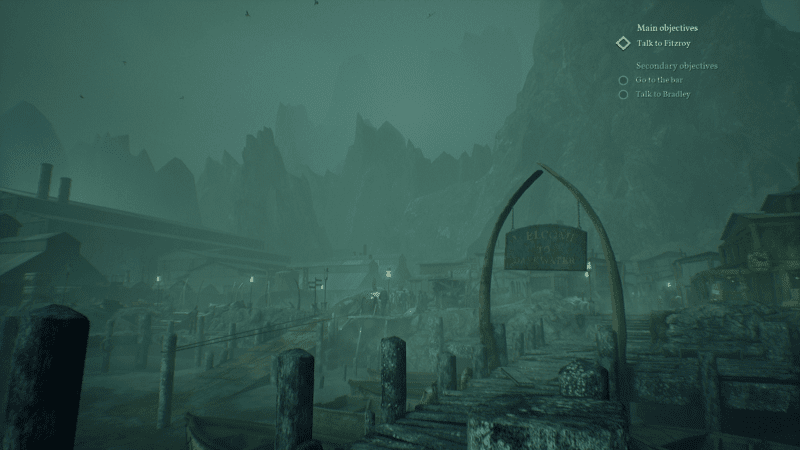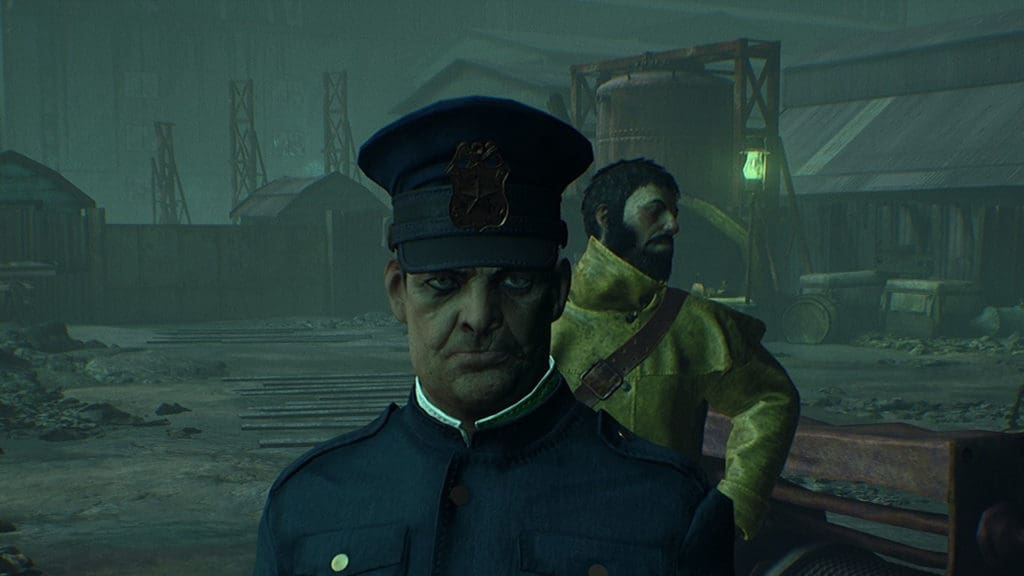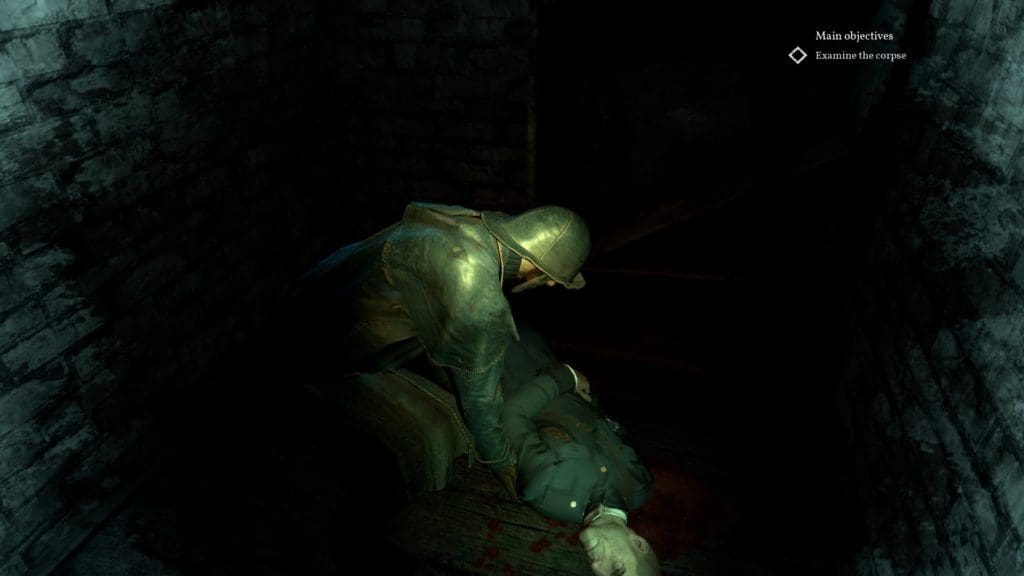H.P. Lovecraft, author of a series of strange supernatural horror stories had no idea at the time that his works would go on to be as influential as they are. The truly is a unique set of tales as they create an entire Pantheon of horrific Gods who drive their worshippers insane with their mere presence. Their religious texts are bound in human skin, and they arrive on Earth from another plane of existence, summoned through blood ritual. H.P. Lovecraft’s stories often centered around human psychology, guilt, religion, fate, and forbidden knowledge. Lovecraftian lore has become so influential that it’s practically considered American Folk-Lore and Legend on the same level as the Legends of Vikings, Egyptian, and Roman mythology.
There are not many people who have heard of Arkham, Miskatonic University, The Necronomicon Cthulhu, and Azathoth. This is due to many of these elements being referenced to in other works of media. Batman, The Evil Dead, board games Arkham and Eldritch Horror, and the tabletop RPG game “Call of Cthulhu”, based on the book of the same name. This RPG is the basis of which the Call of Cthulhu game is built upon. Promising a tale of horror, intrigue, centered around a mystery with supernatural circumstances. How well does Call of Cthulhu represent the original source material, and meet these promises? Let’s find out.
Call of Cthulhu opens up in a dream sequence, where main character Private Detective Edward Pierce faces terrifying visions. He awakens in his office where he seems to drink more and work less as cases are few and far between. It seems his luck has changed however as he approached to look into the murder of the Hawkins family who died in a house fire, but not everything is as it seems. An unusual painting was recovered in ashes that was painted by the mother, who was a well-known painter known for her unsettling depictions of horror. In need of the money, and having a reasonable doubt as to the original conclusion to the deaths Edward heads off to Darkwater Island to investigate. There he finds far more than he could have ever expected, and likely loses a few things along the way.
Call of Cthulhu is steeped in deep dark black, grays, and greens. The environment tends to look wet, dingy, and just appropriately overall unpleasant. The various characters Edward encounters on Darkwater have been beaten by a lifetime of hardship, and it shows. Many of the inhabitants of Darkwater are unpleasant looking, with scars, acne, rough facial hair, wrinkled, and pale complexions. With often overcast weather, and being set in 1924 means that there never seems to be enough light. Flickering dim bulbs, lanterns, candles, and Edwards lighter are sometimes the only source of light in an environment, meaning that in order to see something clearly often means getting close, and things ahead of you are often shrouded in darkness. This all really helps establish the atmosphere in Call of Cthulhu. Unfortunately, the presentation of these elements suffers from textures looking a too big and having an overall low resolution, lighting not looking very realistic, animations sometimes skipping frames and resulting in jerky movements, and an overall lack of detail. There are many items to look at throughout the game, pulling up a screen that gives you a closer look allowing you to rotate items and see the backs of them. Not once in my playthrough did I see something there other than the plain back side of a picture, frame, paper, or whatever it happens to be. It almost would have been better to not allow me to look at all as I almost always expected to find a note or clue there and was very aware of the lack of it fairly early in. The end result is the look of a game that looks like it came out about 4 to 5 years too late. I didn’t encounter anything game-breaking, and the overall atmosphere is still very present, but it can take some time to get past the dated looking visuals.
Another aspect that really helps with the atmosphere in Call of Cthulhu is one of its strongest and that is the audio. The eerie music and sound effects are ever present and don’t draw too much attention to themselves, appropriately so for background noises. Well above and beyond that though is the quality of the voice acting. It doesn’t sound modern, it sounds like it was recorded a long time ago and we are experiencing a recording of the events that are unfolding. That combined with Edwards voice actor’s delivery Call of Cthulhu’s audio is very reminiscent of many pulp detective radio dramas, particularly Jack Flanders adventures, which centers around a similar premise of a private detective investigating cases with mysterious potentially supernatural circumstances. This may be an extremely uncommon connection to make, but as someone who has listened to a few of them, I couldn’t help but make the connection, and the result is surprisingly very effective in making this old setting sound old to match it.
Call of Cthulhu’s gameplay shines best when searching for and investigating clues. Gathering information and connecting dots leading to the next major break in the case is what being a P.I. is all about! The way the RPG elements play into this is interesting as well. If a character’s skill isn’t high enough in certain categories it simply won’t be found or able to be interacted with. This makes me interested in multiple playthroughs curious to see what different things will be noticed if I focus on a different stat. Combined with the occasional puzzle, a few of which I actually wrote clues down for, I really felt like a detective on the heels of something beyond my full understanding. Alongside that many things have an impact on your fate, drinking alcohol, reading books of horrors, and major decisions and more are calculated and tracked throughout playing. Walking in on a scene occasionally prompts the player to enter a construction mode where finding clues allows Edward Pierce to reconstruct the scene and piece together what happened leading up to an event. Outside of that Call of Cthulhu ranges from boring to inadequate. Boring when its just walking around and talking to people with little engagement from the player. Mostly consisting of conversations options that are usually all able to be selected and occasionally a few options are unlocked based on clues found and skill rank. I was most frustrated with the gameplay in anything remotely action based. The movement speed, even when “sprinting”, does not reflect the urgency I’m feeling in many of these scenes. At its core it is a horror setting, and things can get pretty spooky, and I wanna run away and save myself as fast as humanly possible. The running speed feels agonizingly slow when my heart rate spikes because I’m being faced with a crowd of cultist or a monster. One encounter in particular was frustrating and lead to a good number of deaths because of needing some trial and error and sneaking around an abnormally observant monster that could move faster than me and often was able to find me even after hiding. One of the attributes that can be improved is Physical, and it feels as though that entire attribute goes under utilized. I didn’t really encounter much that used it. It I am glad to say the game consists more of the gameplay it’s good at than the kind it’s not. Call of Cthulhu really does offer the supernatural private eye experience.
Call of Cthulhu is in an unique position of being an action first person RPG based on a tabletop roleplaying game which was based on a series of science fiction stories from the early 1900s. A horror anthology and setting centered around the idea of monsters, gods, and objects that are so unnatural that simply laying eyes upon them can drive a person mad. Call of Cthulhu does a decent job of translating a tabletop game into a video game, but sometimes falls shorts in implementing some aspects. Particularly the idea of translating a dice rolled game mechanic into an action based one, in the case of the Physical attribute. Since it is more action based to make it determined by chance would seem to cheapen the player’s ability to control the game, and if it’s based on player skill it cheapens the stat entirely. Where Call of Cthulhu does deliver is the experience of being a Private Investigator in a dark, gritty, grimy world inhabited by horrors. Because the greatest appeal of this game is the atmosphere and detective. For fans of mystery games and the lore of H.P. Lovecraft grab that Necronomicon and go nuts. For those who don’t fit into those categories I’d recommend checking out a let’s play or two before diving into the madness.







